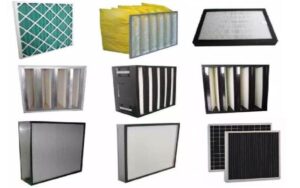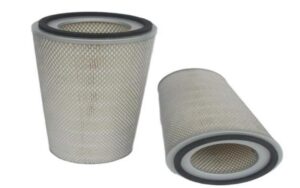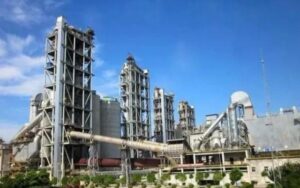Air filters are a crucial component of any HVAC system, designed to improve indoor air quality and ensure efficient operation. However, with a wide range of filters available, the question often arises: which filter is the best investment for your needs—cheap or expensive? This article compares the key differences between low-cost and high-quality air filters, considering factors such as material composition, efficiency, longevity, and their impact on indoor air quality.
Introduction: Understanding Air Filters and Their Role
An air filter serves a vital function in maintaining both the performance of your HVAC system and the quality of indoor air. By capturing particles like dust, pollen, pet dander, and even microorganisms, air filters prevent contaminants from circulating throughout your living or working environment. In doing so, they protect the system from potential damage, reduce energy consumption, and improve the overall indoor air quality, which is crucial for health and comfort. The key question for homeowners and businesses alike is whether to opt for a budget-friendly filter or invest in a more expensive one for superior performance.
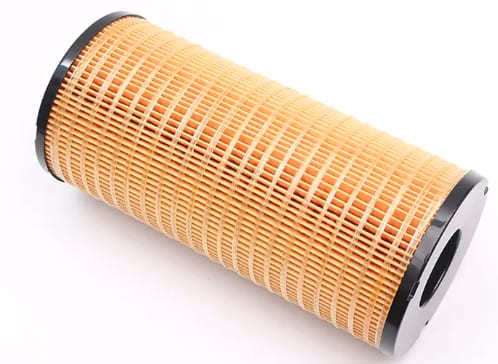
The Essentials of Air Filter Functionality
Why Air Filters Matter
Air filters are designed to trap a wide variety of airborne particles that can affect both the functionality of your HVAC system and your health. Below are the primary roles of air filters:
- Protecting the HVAC System: Filters prevent dust, dirt, and other contaminants from clogging the internal components of the HVAC system, which can reduce efficiency and increase the likelihood of costly repairs.
- Improving Indoor Air Quality: By capturing harmful particles such as mold spores, bacteria, and viruses, air filters help to create a healthier living or working environment.
- Enhancing Energy Efficiency: Clogged filters reduce airflow, making the HVAC system work harder and consuming more energy. Regular filter maintenance ensures optimal airflow, reducing energy costs.
Now that we understand the importance of air filters, let’s take a closer look at the differences between cheap and expensive options.
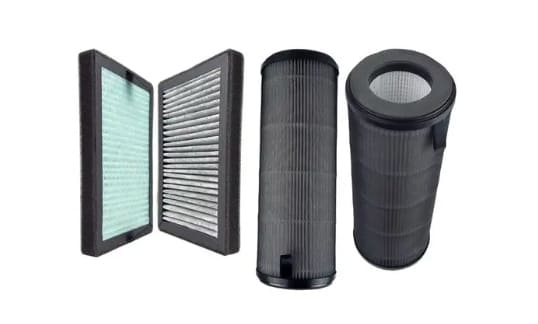
Cheap vs. Expensive Air Filters: A Comparative Analysis
The price difference between cheap and expensive air filters often correlates with differences in materials, durability, and filtration efficiency. Below is an in-depth breakdown of the key factors that distinguish the two types of filters:
Longevity of Air Filters
| Feature | Cheap Air Filters | Expensive Air Filters |
|---|---|---|
| Material Quality | Made from cardboard, paper, or synthetic fibers | Typically made from fiberglass or high-performance materials |
| Lifespan | Typically 1–3 months | Can last up to 12 months |
| Resistance to Moisture/Heat | Prone to deterioration with heat and humidity | More resistant to heat and moisture |
Cheap air filters, often constructed from low-quality materials like cardboard and paper, tend to have a shorter lifespan and may need replacement every 1 to 3 months. On the other hand, more expensive filters are typically made from durable materials such as fiberglass, which can last up to 12 months without needing replacement. The longevity of expensive filters makes them a more cost-effective option in the long run, reducing the frequency of replacements and maintenance costs.
Efficiency and Filtration Capacity
| Feature | Cheap Air Filters | Expensive Air Filters |
|---|---|---|
| Particle Removal Efficiency | Lower efficiency for smaller particles | High efficiency, traps finer particles |
| Common MERV Rating | 6 or below | 8–13 |
| Airborne Contaminants Trapped | Dust, pollen, pet dander | Dust, pollen, mold spores, bacteria, viruses |
The efficiency of an air filter is largely determined by its ability to trap smaller particles. Cheap filters are typically rated with a MERV (Minimum Efficiency Reporting Value) of 6 or lower, meaning they can only capture relatively large particles like dust, pollen, and pet dander. In contrast, expensive filters often have a MERV rating between 8 and 13, allowing them to capture much smaller particles, including bacteria, viruses, and mold spores. The higher the MERV rating, the more effective the filter is at improving air quality and minimizing health risks, particularly in households or workplaces where individuals suffer from allergies or asthma.
Surface Area for Filtration
| Feature | Cheap Air Filters | Expensive Air Filters |
|---|---|---|
| Surface Area | Smaller, limited surface | Larger surface area for filtering |
| Filtration Volume | Less particulate capture | Greater particulate capture |
Expensive air filters typically feature a larger surface area than their cheaper counterparts. This means that they can capture a greater volume of airborne particles before becoming clogged, contributing to a more efficient filtration process. Filters with more surface area also tend to maintain better airflow over a longer period, enhancing the overall efficiency of your HVAC system.
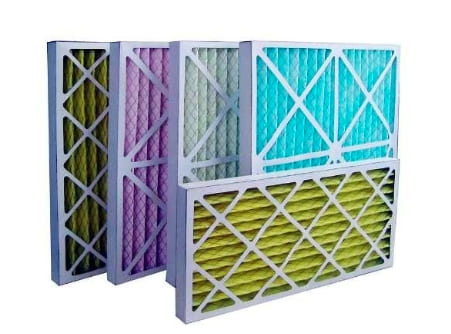
Which Type of Air Filter is Best for You?
When deciding between cheap and expensive air filters, it is essential to consider several factors, such as your specific needs, budget, and the type of environment in which the filter will be used.
Considerations for Selecting an Air Filter
- Indoor Air Quality Needs: If you have family members with respiratory issues, allergies, or asthma, a higher-quality air filter with a higher MERV rating is recommended for better particle removal.
- HVAC System Compatibility: Some HVAC systems are designed to work more efficiently with specific types of filters. Always ensure that the filter’s thickness and MERV rating are compatible with your system’s specifications.
- Budget: If cost is a concern, cheap filters may provide a temporary solution. However, consider the long-term savings of investing in an expensive filter that lasts longer and performs better.
When to Choose an Expensive Air Filter
Opt for an expensive air filter if:
- You need to maintain high indoor air quality due to health concerns.
- You want to reduce the frequency of filter replacements.
- Your HVAC system requires higher efficiency for proper performance.
When to Choose a Cheap Air Filter
A cheap air filter may be suitable if:
- You are working with a tight budget and are okay with replacing the filter more frequently.
- Your HVAC system is located in a less critical area (e.g., a garage or utility room) where air quality is not a significant concern.
- You are willing to trade off performance for a lower upfront cost.
Conclusion: Making the Right Choice
In the end, the decision between cheap and expensive air filters comes down to balancing cost, longevity, and the specific needs of your HVAC system and indoor air quality requirements. While cheaper filters may seem appealing due to their lower upfront costs, their reduced efficiency and shorter lifespan could lead to higher long-term costs. On the other hand, investing in an expensive air filter offers improved performance, better filtration of harmful particles, and less frequent replacements, ultimately providing a more cost-effective solution over time.
Whether you opt for a budget-friendly or high-end air filter, the most important factor is ensuring that it meets your specific needs and maintains the health of your HVAC system. If in doubt, consulting a professional to help you select the right filter can ensure optimal performance and improved air quality in your home or business.

